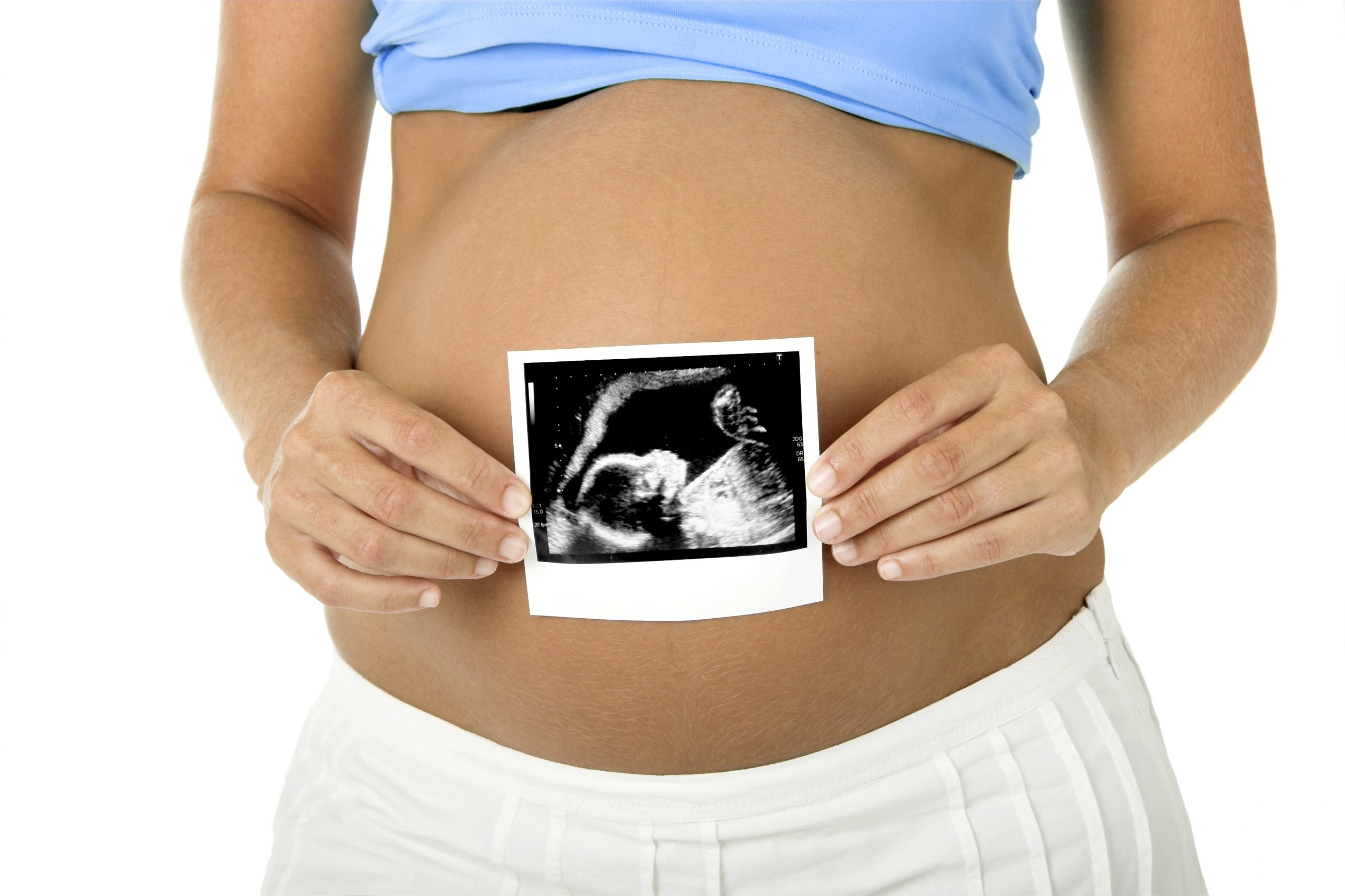Scientists Discover Children’s Cells Living in Mothers’ Brains
If you’ve had a child, you know just how deep your connection to them can run. And now, new research has found the physical connection is even deeper than we thought. This bond begins while a baby is gestating, when Mom has everything the developing baby needs: warmth, food and the sweet and constant rhythm of her heartbeat.
While the baby grows in the placenta (an organ built of cells from both Mom and baby and responsible for the exchange of nutrients, gasses, and waste) cells may migrate between mother and child, “taking up residence in many organs of the body including the lung, thyroid, muscle, liver, heart, kidney and skin. These may have a broad range of impacts, from tissue repair and cancer prevention to sparking immune disorders” reports the article from Scientific American.
The new study found these cells, called microchimeric cells (a small number of cells that originate from another individual and are therefore genetically distinct from the cells of the host individual) are also found embedded in the brain.
From the article:
“Microchimerism most commonly results from the exchange of cells across the placenta during pregnancy, however there is also evidence that cells may be transferred from mother to infant through nursing. In addition to exchange between mother and fetus, there may be exchange of cells between twins in utero, and there is also the possibility that cells from an older sibling residing in the mother may find their way back across the placenta to a younger sibling during the latter’s gestation. Women may have microchimeric cells both from their mother as well as from their own pregnancies, and there is even evidence for competition between cells from grandmother and infant within the mother.”
What is still unclear is what role these fetal microchimeric cells play in a mother’s body. However, fetal microchimeric cells are similar to stem cells (they are able to become a variety of different tissues) and may help with tissue repair and the implications there are exciting. “One research group investigating this possibility followed the activity of fetal microchimeric cells in a mother rat after the maternal heart was injured: they discovered that the fetal cells migrated to the maternal heart and differentiated into heart cells helping to repair the damage”, reports SA.
More from the article:
“These microchimeric cells may also influence the immune system. A fetal microchimeric cell from a pregnancy is recognized by the mother’s immune system partly as belonging to the mother, since the fetus is genetically half identical to the mother, but partly foreign, due to the father’s genetic contribution. This may “prime” the immune system to be alert for cells that are similar to the self, but with some genetic differences. Cancer cells which arise due to genetic mutations are just such cells, and there are studies which suggest that microchimeric cells may stimulate the immune system to stem the growth of tumors. Many more microchimeric cells are found in the blood of healthy women compared to those with breast cancer, for example, suggesting that microchimeric cells can somehow prevent tumor formation. “
This field of study is new and has enormous potential. It’s also hard proof of our connectedness. We will continue to watch with excitement and look for more studies showing what these amazing cells are capable of.
Source: Scientific American












